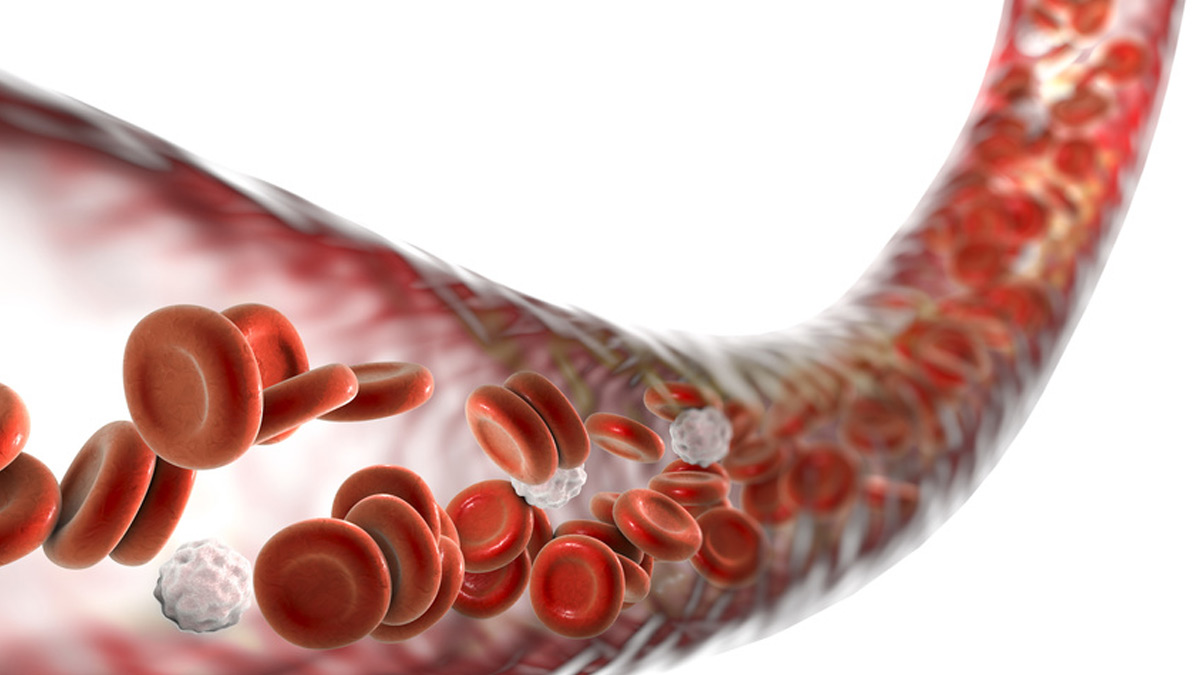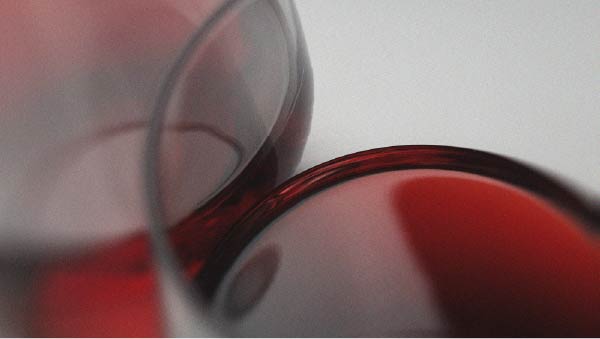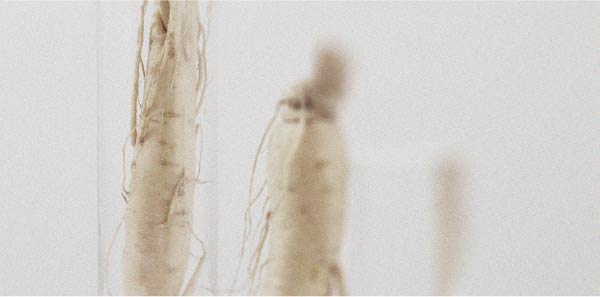All you need to know about hypertension!
Arterial hypertension, too often ignored and poorly managed, is one of the main causes of cardiovascular problems and affects 20% of adults. Here we explore the condition.

The causes of hypertension are difficult to identify
In the majority of cases, the causes of arterial hypertension are unclear. Such cases are referred to as primary or essential hypertension, as opposed to secondary hypertension (affecting just 10% of patients), which is caused by another condition such as a kidney or adrenal gland disorder or thyroid problem. However, there are lifestyle factors that are known to predispose to hypertension: stress, smoking, obesity, poor diet (high in salt), and lack of physical activity. External factors can also play a part, including age, family history or even geographical origin (the Caribbean and some parts of Asia, for example, have a higher incidence of hypertension). Care should also be taken with certain drugs such as anti-inflammatories, and consumption of liquorice, both of which are known to raise blood pressure.
Hypertension is a very common problem
According to the World Health Organization (WHO), high blood pressure is the second highest cause of premature death after smoking. It is also affecting more and more of us, due to advancing age, increasingly sedentary lifestyles, growing numbers of overweight people, smoking, etc. It’s estimated that under current conditions, the number of people suffering from hypertension may exceed 1.5 billion globally by 2025. In France, more than 14 million individuals suffer from hypertension, including 90% of over-85s, according to INSERM (the French National Institute of Health and Medical Research).
Hypertension is too often ignored
Figures from the French Committee for Fighting Hypertension) and the Arterial Hypertension Research Foundation suggest that more than 6 million of the 14 million hypertension sufferers in France do not follow any particular treatment. Worse still, the majority do not regularly monitor their blood pressure.
Hypertension develops silently
The French Nutrition and Health Survey (ENNS) conducted in 2007 showed that only half of those with hypertension knew their blood pressure was too high. Hypertension is an insidious disease which develops slowly (over several years) without necessarily producing any symptoms. So realising a problem exists is difficult unless you have regular blood pressure checks. There are some symptoms, however, that may point to arterial hypertension: headaches at the back of the head or at the top of the skull, floaters in the eyes or blurred vision, cramps, fatigue …
Arterial hypertension can have serious health consequences
Even though hypertension is not strictly speaking a disease, it should be treated as such since it significantly increases the risk of developing serious diseases such as cardiac and vascular problems including heart attack or stroke, heart failure or kidney failure. Hypertension also increases the risk of developing atherosclerosis (hardening of the arteries). Untreated hypertension may also lead to certain eye disorders.
Hypertension can be treated naturally
Certain plants have proved very effective at combatting hypertension, either because they are diuretics, or because they have hypotensive properties. Such plants include blackcurrant, hawthorn, ylang-ylang, hibiscus, olive leaf and celery seeds with purifying properties. These are available in the form of extracts, essential oils, mother tinctures … Complexes that contain either several active compounds (plants, vitamins and specific trace elements for example) or an active molecule – such as ubiquinol - are natural hypotensives recommended for moderate hypertension. In all cases, it is best to seek advice from a naturopath.
Those with hypertension should cut their intake of salt … as well as making other dietary changes
The level of salt in our diet has a direct impact on our blood pressure. It’s therefore imperative for those suffering from hypertension to reduce their salt intake. How exactly? By refraining from adding salt at the table, minimising its use when preparing meals, and avoiding tinned food, ready meals, and overly-salted foods (crisps, smoked fish, charcuterie …). At the same time, it’s important to control your fat consumption by reducing your overall intake of fatty foods and choosing healthier, unsaturated fats. Finally, foods high in fibre and potassium may have a beneficial effect on blood pressure. You should focus on whole grains, nuts, pulses, vegetables (spinach, cabbage, broccoli, fennel) and fruit …
Hypertension is more common in women than in men
According to the WHO, hypertension affects 50% of women over 65, compared with only 30% of men in the same age group. Why is this? It seems that female hormones do not protect women against elevated blood pressure as much as was thought, particularly post-menopausal women or those taking certain contraceptives (particularly the pill). There is also a form of hypertension related specifically to pregnancy (toxaemia of pregnancy) which requires particular care since it brings a high risk of serious complications (pre-eclampsia, premature birth …) for both mother and baby.
It is normal for blood pressure to vary from one moment to the next
Blood pressure is considered ‘normal’ if it is in the region of 12/8 cm Hg (centimeters of mercury) or 120/80 mm Hg (millimeters of mercury). The 12 or 120 is the systolic pressure which measures the pressure in your blood vessels when your heart beats; the 8 or 80 is the diastolic pressure - the pressure in your blood vessels when your heart rests between beats. Blood pressure is considered too high if it exceeds 14/9 or 140/90, though it is important to note that blood pressure can vary throughout the day, or when you are feeling stressed or emotional. For it to constitute arterial hypertension, blood pressure must be permanently elevated.
Lifestyle is key to controlling the condition
When arterial hypertension is diagnosed, it is important to modify your lifestyle to achieve better control – though, of course, adopting a healthy lifestyle in the first place prevents it from ever developing. What changes should you make? Eat a varied, balanced diet (as mentioned previously), stop smoking and reduce your alcohol consumption. Experts also recommend taking at least 30 minutes of exercise every day which will lower your blood pressure by 5-10mm Hg.
Diabetes and hypertension are a bad combination
Diabetics who already have to monitor their diet and pancreatic hormone levels must also pay close attention to their blood pressure since diabetes is a known cause of hypertension. What’s more, a combination of diabetes and arterial hypertension significantly increases the risk of cardiovascular disease.
Treatment must be tailored to the individual
Once hypertension has been diagnosed, a GP will initiate a program of treatment including regular check-ups. While lifestyle and dietary advice applies in all cases (indeed, it constitutes the first-line treatment), precisely which drugs to prescribe will depend on the individual patient’s profile. With a wide range of hypotensive medication available (diuretics, beta-blockers, calcium inhibitors …), drug combinations will be recommended to produce the best results. Such treatments usually have to be followed for life. It must be said, however, that in 10-30% of cases, drugs prove ineffective - this is referred to as resistant hypertension.
Keywords
5 Days
Easy to navigate site
Easy to navigate site, had what I was searching for, good price. easy order-check out
James Tucker
11 Days
My skin is clearing up nicely!
Pretty good for my skin so far.
Christian
13 Days
The new packaging is excellent
The new packaging is excellent - finally! No more squashed boxes and torn envelopes.
GORAN
14 Days
Great Product
Great Product
Larry Garrett
19 Days
Quick shipping
Quick shipping; good price. No issues!
Mary McCarty
20 Days
Thr product is very good and is helping…
Thr product is very good and is helping me on my health. Then is always on time
LUGO Luz
23 Days
Buying was fine
Buying was fine. I had problems with the website not recognizing my login info, and had to call to get it fixed. Other than that, everything was good.
David S. Clark
23 Days
Your super maca and super ginseng are…phenomenal
Your super maca and super ginseng are phenomenal supplements that compliment each other when taking them together. Fantastic feeling of well-being and lots of mid day energy without the crash.
Keith Mason
26 Days
I have had amazing results with every…
I have had amazing results with every supplement I've purchased. I am extremely satisfied with this company
kirstin Torres
26 Days
Fine products
Fine products . They are on the leading edge of online supplements. The only issue -so far-is they sometime run out of subscription items.
Jason Argos
28 Days
The ordering process is very user…
The ordering process is very user friendly and the products always come in a timely manner.
CARTER Rhonda
30 Days
The price for Dr
The price for Dr. Pero's AC-11 is reasonable and in line with his views. (my former colleague). Keep it pure.
CAMPBELL Clayton
32 Days
Right on every time.
Right on every time.
Arthur Nicholas
35 Days
They are cheaper than everyone else and…
They are cheaper than everyone else and the shipping was fast. Great company.
Patricia Adams
42 Days
Availability of quality health…
Availability of quality health supplements and it's wide variety is impressive. Ordering is seamless and shipping even during the holidays is well streamlined.
Mohamad Hussein




